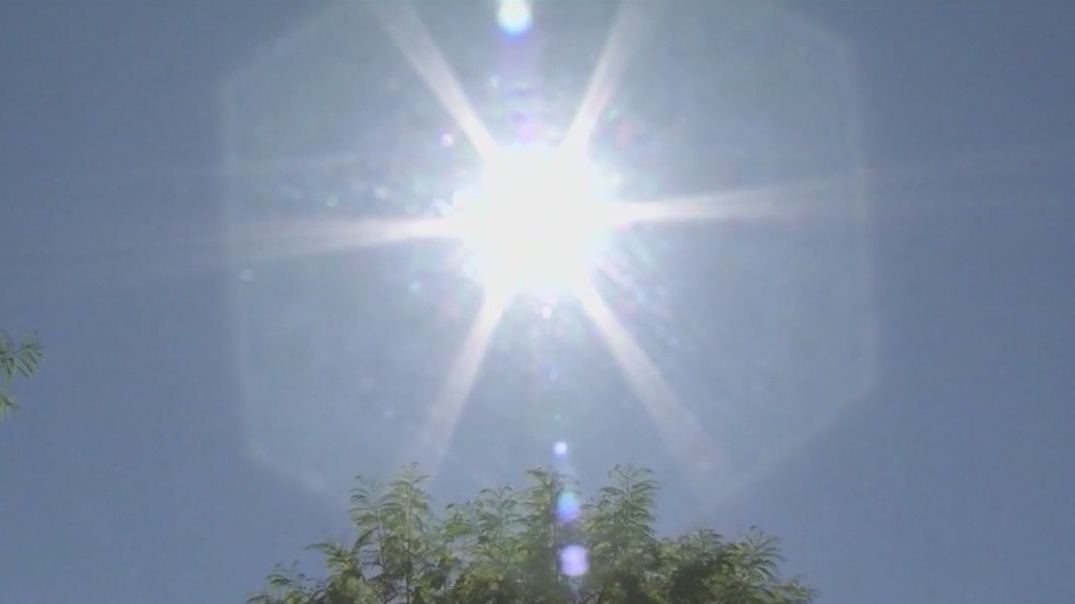ADHS releases recommendations for Arizona's extreme heat preparedness plan
After a record-breaking 2023, state officials have new recommendations on how to better protect communities from extreme heat. The Arizona Department of Health Services (ADHS) has released recommendations for its extreme heat preparedness plan after a record-breaking 2023. The state is experiencing longer periods of extreme heat, leading to an increase in heat-related illnesses and deaths, according to ADHS statistics. In 2022, there were 359 heat-caused deaths and 671 deaths in the state, an increase of seven times greater than the previous decade. In 2023, there was an estimated 34.7% increase in hot-related illness based on preliminary data, with preliminary data also showing a record number of heat related emergency department visits. The recommendations include proposing impactful policy change through legislative actions and investing in heat mitigation through grant and funding opportunities. Additionally, developing multilingual and tailored education and outreach materials to reach vulnerable populations. Once the heat season ends in October, ADHS will evaluate which initiatives were successful.

发表 : 4 周前 经过 FOX 10 Staff 在 Weather
After a record-breaking 2023, Arizona's new heat chief officer has new recommendations on how to better protect communities from extreme heat.
The Arizona Department of Health Services says the state is seeing longer periods of extreme heat, causing an increase in heat-related illnesses and deaths.
ADHS' statistics showing the impact of heat-related illnesses in 2022 - 2023:
• None In 2022, there were 359 heat-caused deaths and 671 heat-related deaths in the state, an increase almost seven times greater than a decade earlier.
• None in 2022 due to illness caused by or related to heat-related illness. 4,325 people visited hospitals or emergency rooms in 2022 due to illness caused by or related to heat-related illness.
• None In 2023, there was an estimated 34.7% increase in heat-related illnesses based on preliminary data.
• None While 2023’s heat data is still being reviewed for release later this year, preliminary data show a record number of heat-related emergency department visits.
• None In 2023, Arizona experienced 73 days with temperatures greater than 100 degrees Fahrenheit and broke a record for most days in a row (31) that had temperatures higher than 110 degrees Fahrenheit.
Some of the recommendations include:
• None Proposing impactful policy change to be accomplished through legislative actions.
• None Investing in heat mitigation through grant and funding opportunities.
• None Developing multilingual and tailored education and outreach materials to reach vulnerable populations.
"A big priority that we're having to do right now is looking at adapting and updating our emergency response efforts. So that we can be sure to be ready and reactive when those needs start happening, and we start seeing increased temperatures," said Dr. Eugene Livar, Assistant Director for Public Health Preparedness at the Arizona Department of Health Services.
>> READ: Governor’s Executive Order on Extreme Heat Planning and Preparedness and Extreme Heat Preparedness Plan
>> READ: ADHS Recommendations and Findings for the Arizona Extreme Heat Preparedness Plan
Once the heat season ends in October, ADHS will evaluate which initiatives were the most successful.
